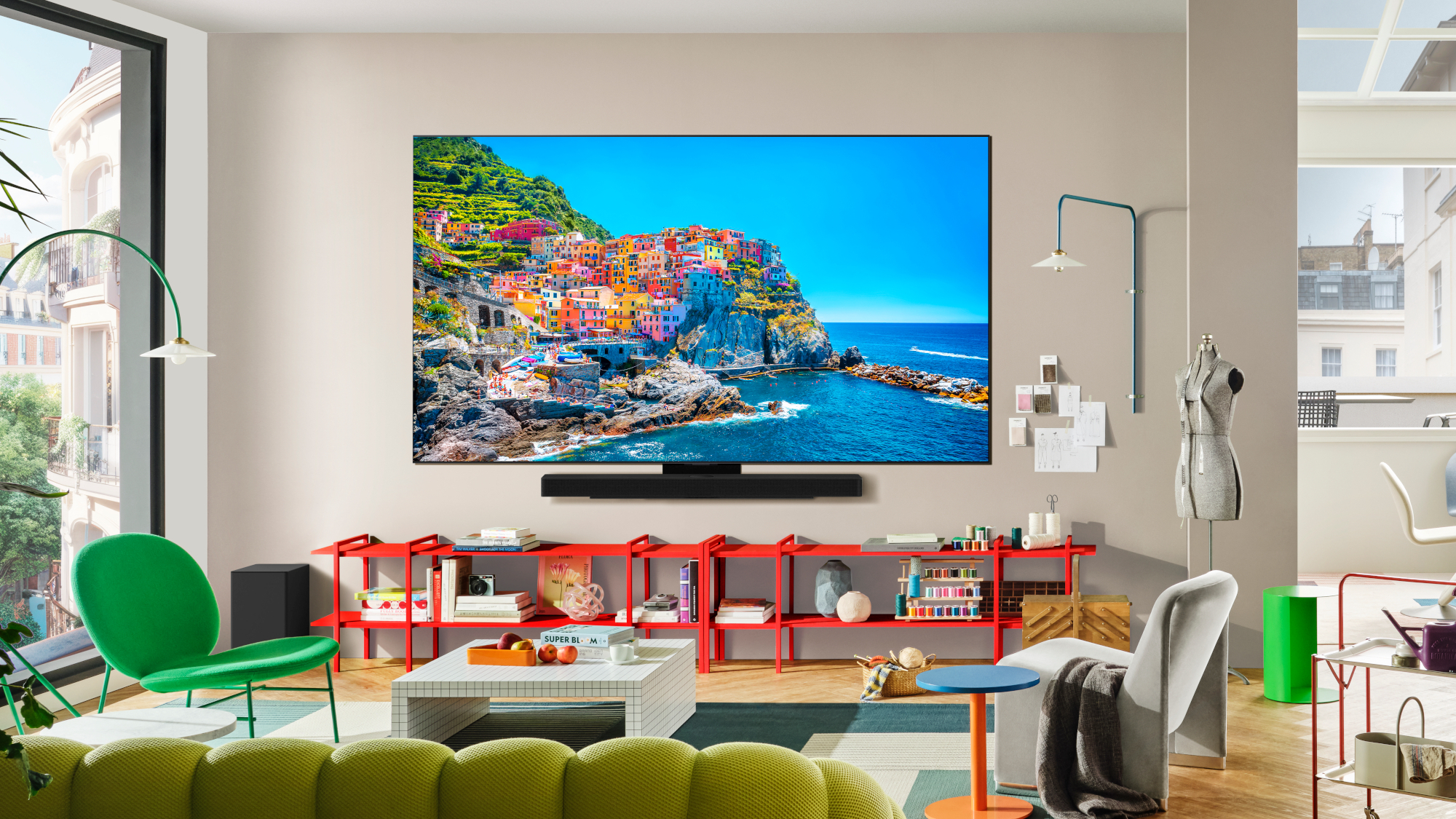All 11 Mortal Kombat Games Ranked, Worst to Best
Here's every blood-soaked entry in the Mortal Kombat franchise, ranked worst to best.
Nearly 30 years after first captivating the gaming world and stirring up controversy with its brutal, over-the-top violence, Mortal Kombat is still thriving — and bloodier than ever. The brand-new Mortal Kombat 11 marks an exciting step forward for the iconic fighting franchise, while also celebrating its past, bringing classic and modern versions of the series'’ characters together in a wonderfully zany time-travel story.
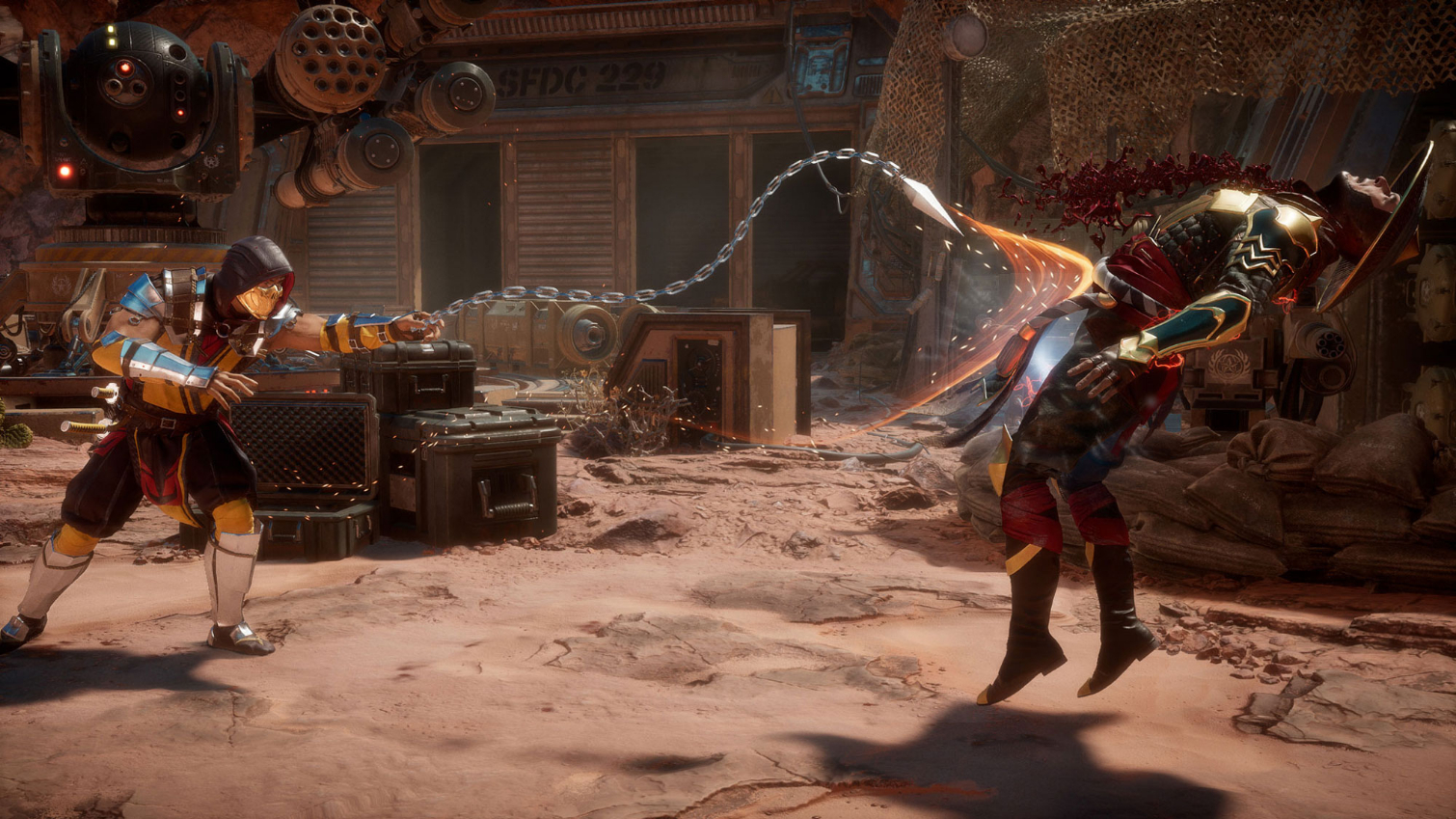
That gives us the perfect excuse to look back through Mortal Kombat's decades' worth of blood-soaked installments, which run the gamut from genre-defining staples to awkward 3D brawlers that are best left at the bottom of a spiky pit. Here are all 11 main Mortal Kombat games ranked, worst to best.
Mortal Kombat 4 (1997)
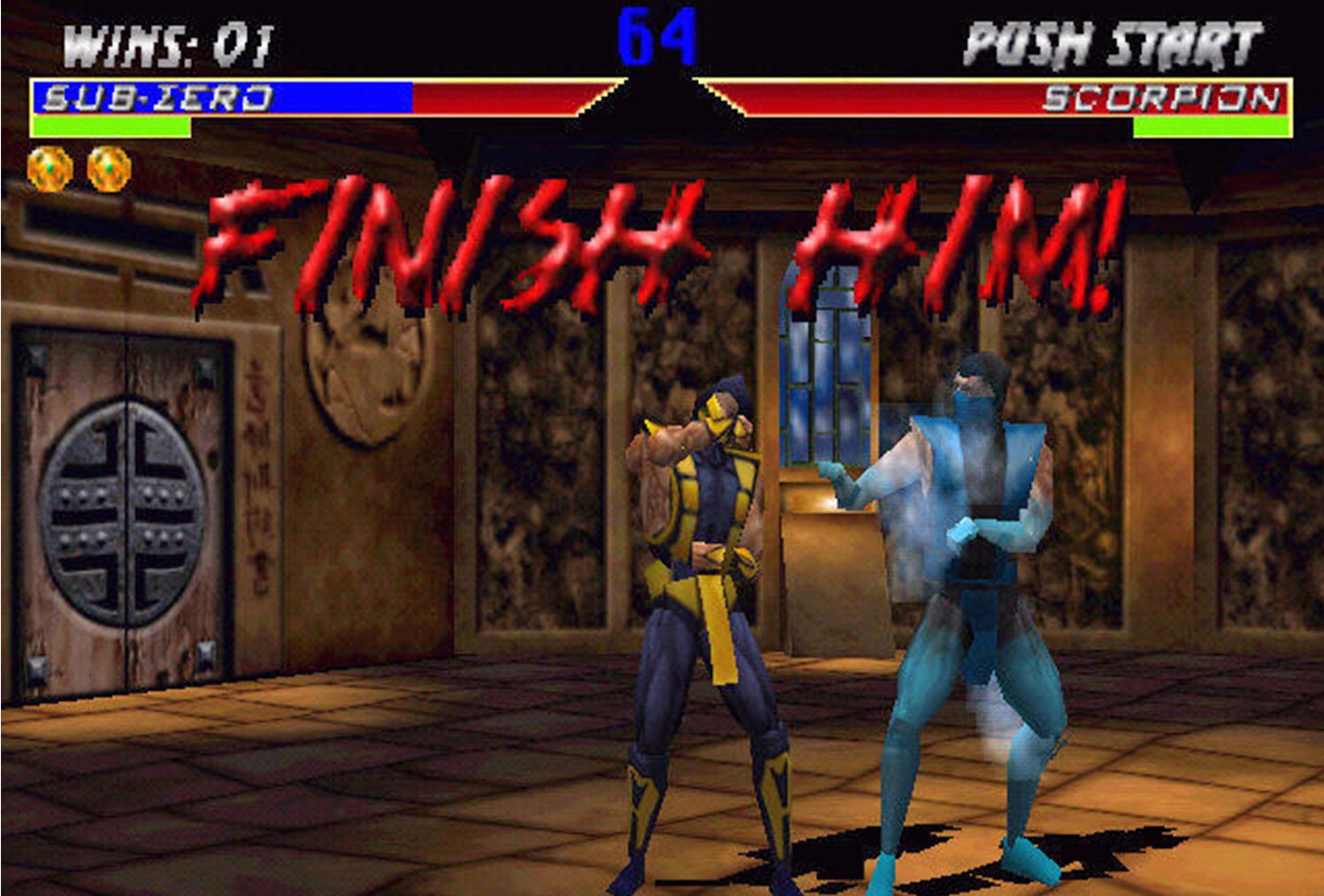
Mortal Kombat made the leap to 3D in 1997, but it wasn't exactly a graceful move. Mortal Kombat 3's sharp, digitized actors gave way to messy-looking 3D models, and the game's roster was a mixed bag of cool newcomers (Quan Chi, Shinnok) and forgettable fighters (Reiko, Jarek). The game deserves some credit for introducing weapons-based combat to the mix, but it's mostly remembered for some of the most laughably bad cutscene dialogue of any Mortal Kombat game.
Mortal Kombat: Armageddon (2007)
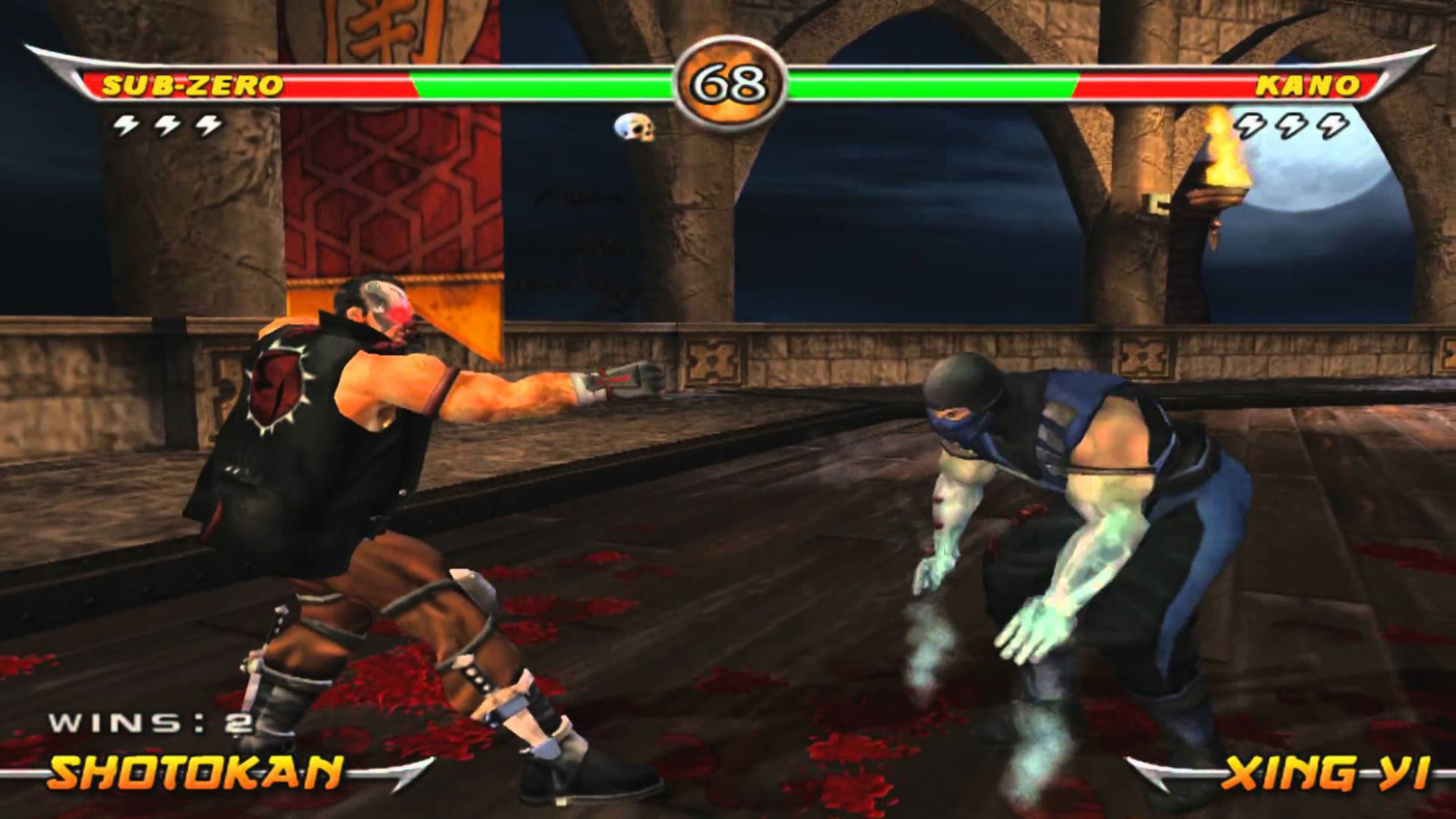
Mortal Kombat: Armageddon was meant to close out the PS2/Xbox era of Mortal Kombat games in grand fashion, packing in every character that had ever been a part of the series up until that point. And while it technically delivered on that promise, the entire package just felt off. A lame Kreate-a-Fatality system replaced the game's iconic Fatalities, and while Armageddon does indeed pack the biggest roster of any MK game, most of the character designs look pretty awful by today's standards. Armageddon gets some credit for offering a decent single-player Konquest mode and a fun kart-racing minigame, but it's generally the most forgettable of the PS2-era Mortal Kombat titles.
Mortal Kombat vs. DC Universe (2008)
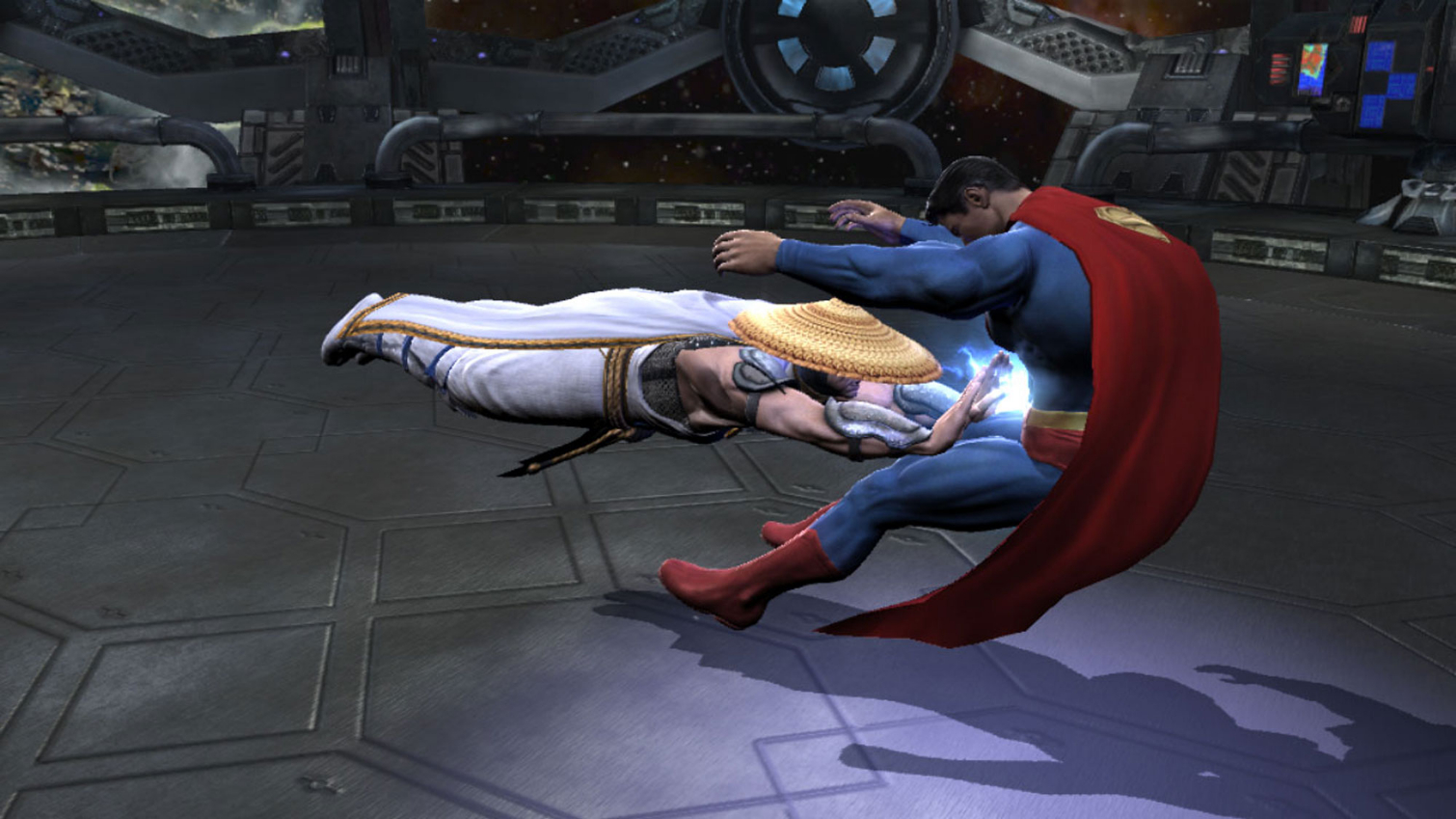
In the wake of the success of Marvel vs. Capcom, WB Games unleashed a crossover brawler of its own that pitted Scorpion, Sub-Zero and Raiden against the likes of Superman, Batman and Wonder Woman. Mortal Kombat vs. DC Universe (which is technically Mortal Kombat 8) had some things going for it, including a cinematic story mode and cool-looking stage transitions. But its overall gameplay and style don't hold up well today, and since it's a DC-branded game, its "fatalities" are hilariously tame. Still, Mortal Kombat vs. DC Universe helped set the stage for NetherRealm Studios' superb Injustice DC Comics brawler as well as the excellent 2011 Mortal Kombat reboot, making this game an important turning point for both the Mortal Kombat franchise and DC games.
Mortal Kombat (1992)
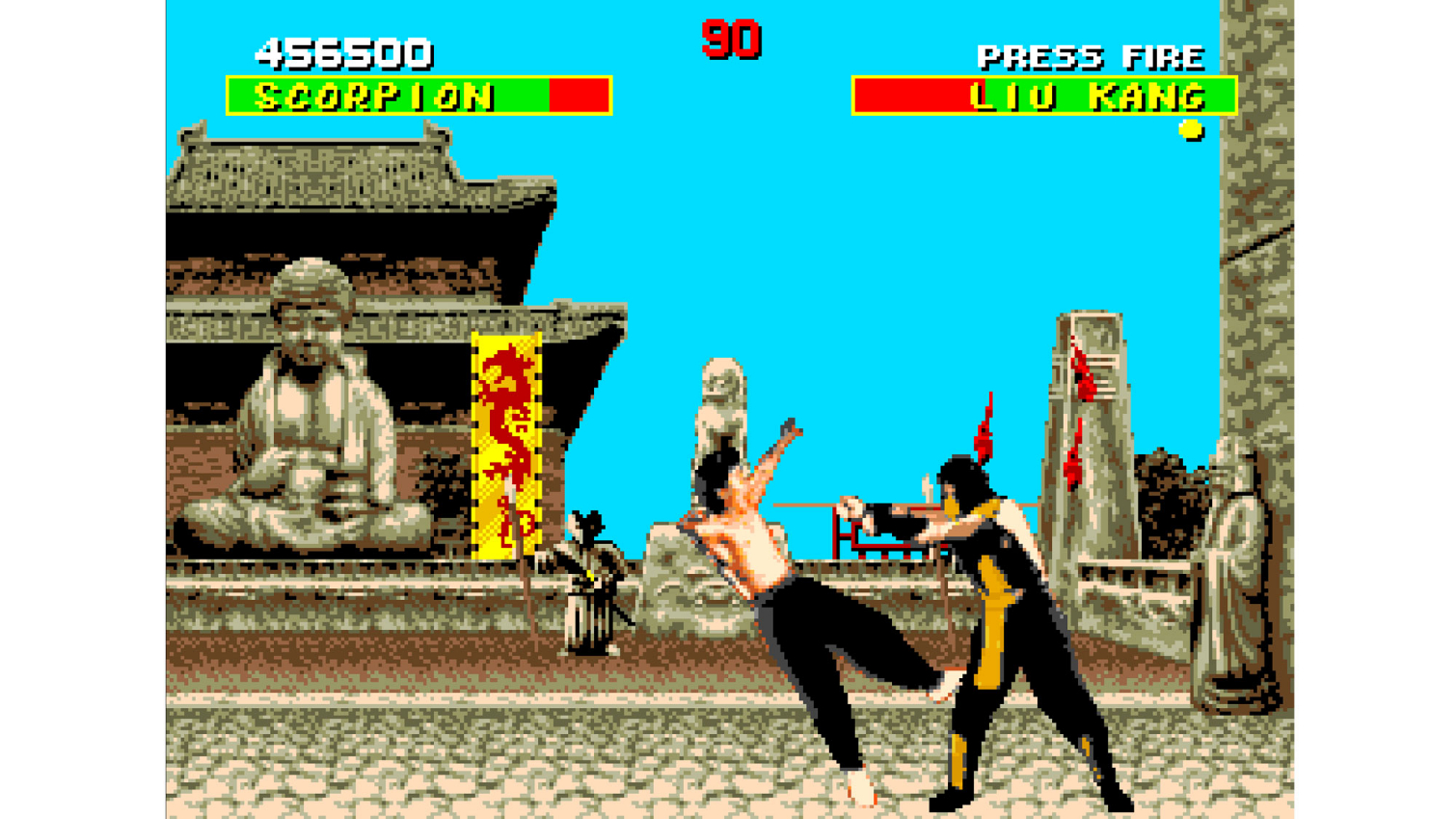
The original Mortal Kombat's significance can't be ignored. The game revolutionized the fighting genre with characters that were digitized versions of real-life actors, and its shocking, gory Fatality moves were so controversial that they essentially birthed the ESRB game-ratings system. But despite its cultural significance, the first Mortal Kombat just isn't very fun to play today. It lacks the intricate combo systems and character variety that made later installments stand out.
Mortal Kombat: Deadly Alliance (2002)
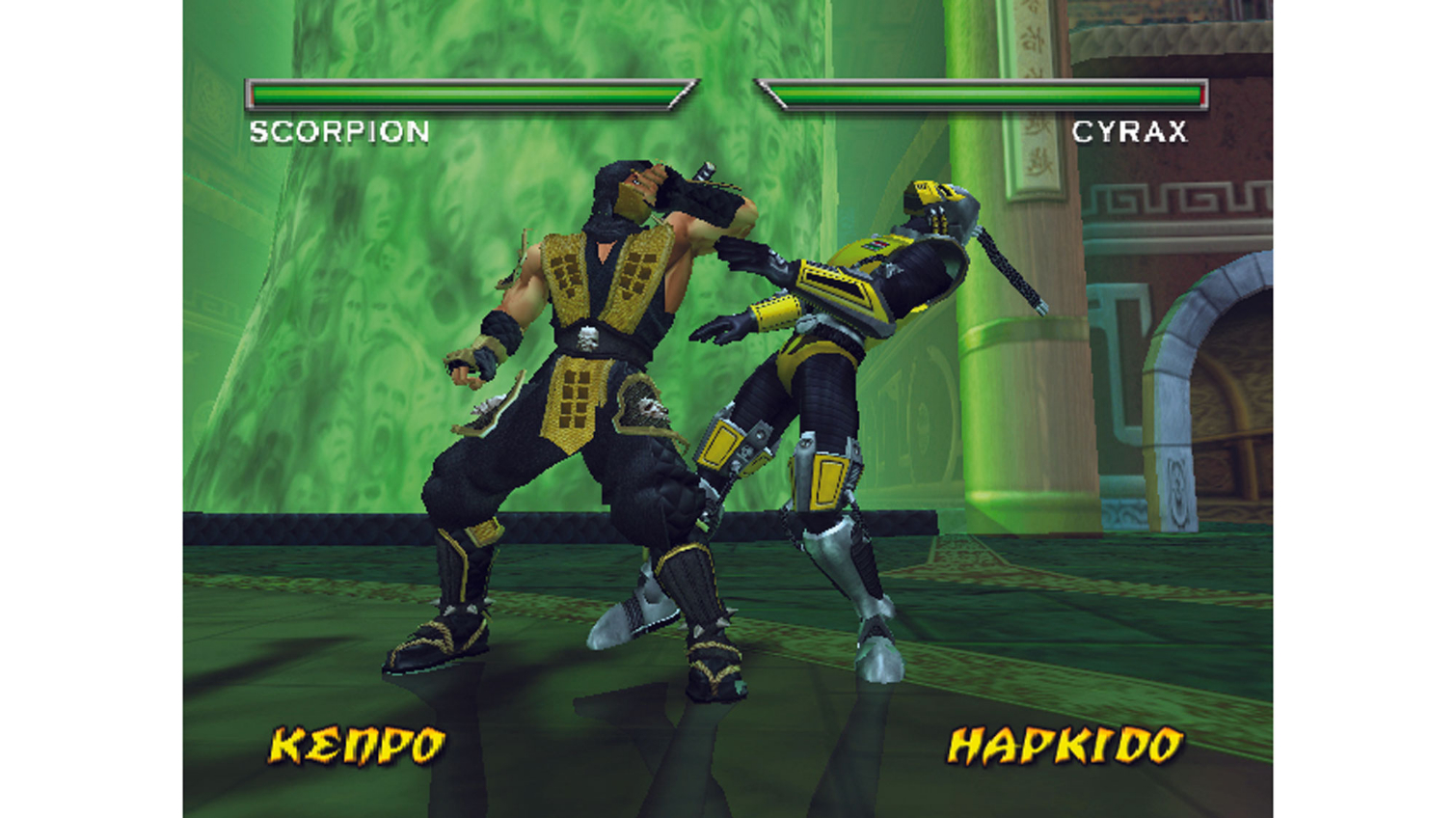
Mortal Kombat: Deadly Alliance righted the ship after the disappointing Mortal Kombat 4, delivering a much tighter 3D combat system that introduced the ability to switch fighting styles midbattle. The game included such memorable new faces as blind swordsman Kenshi, gaseous martial artist Bo' Rai Cho and the vampiric Nitara. In what would become a tradition for the franchise, Deadly Alliance came loaded with content, including a single-player Konquest mode and a treasure trove of unlockable secrets known as the Krypt. Deadly Alliance felt both fresh and like a return to form when it released in 2002, and it laid the groundwork for future 3D iterations to come.
Mortal Kombat: Deception (2004)
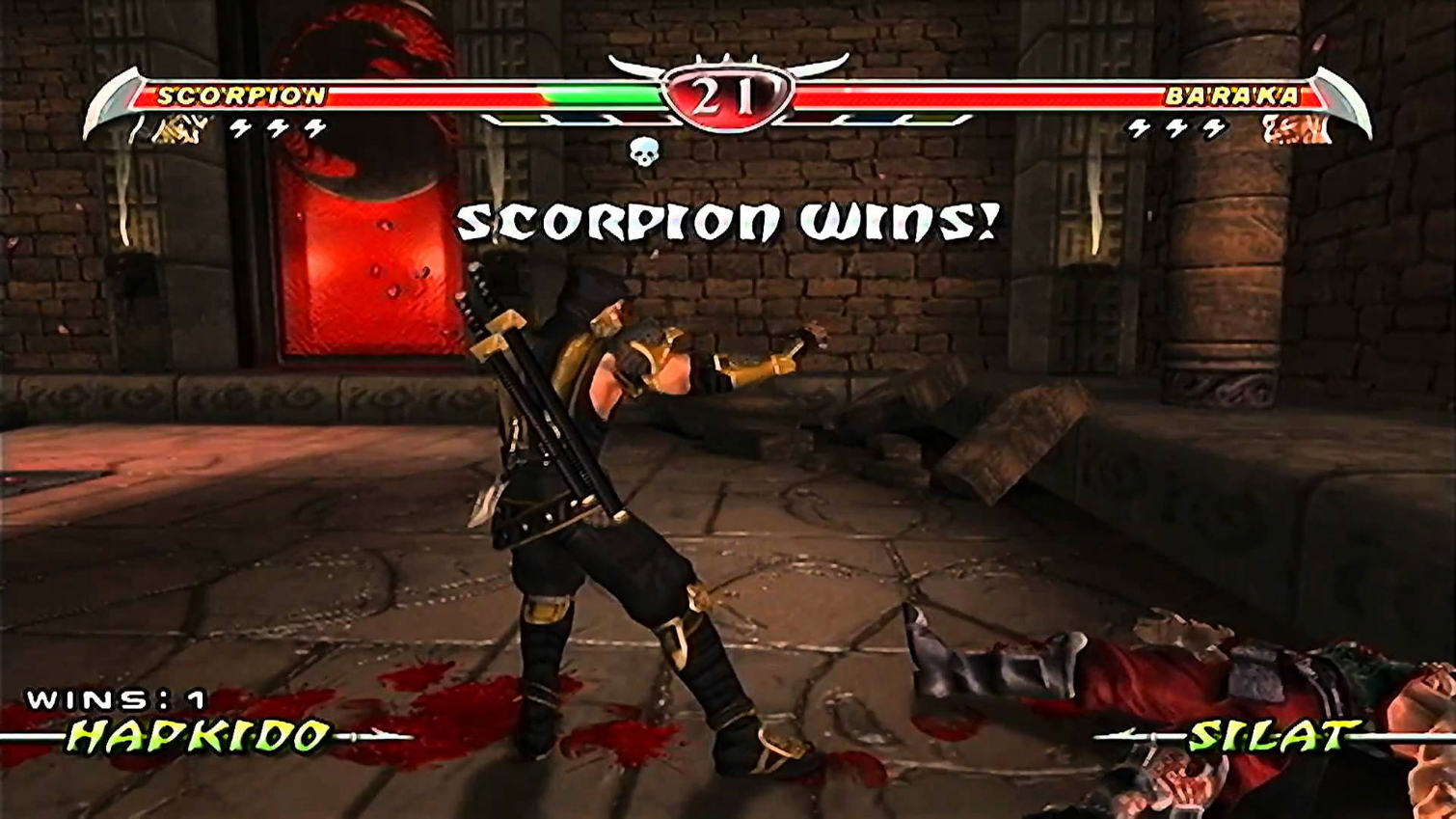
Mortal Kombat: Deception built on everything that was great about Deadly Alliance, beefing up the roster while expanding on the single-player mode and introducing online play to the series. Newcomers such as Kobra and Hotaru joined returning fan favorites such as Ermac and Jade. Meanwhile, minigames such as Puzzle Kombat and Chess Kombat delivered some hilariously fun diversions from the fighting.
Mortal Kombat II (1993)
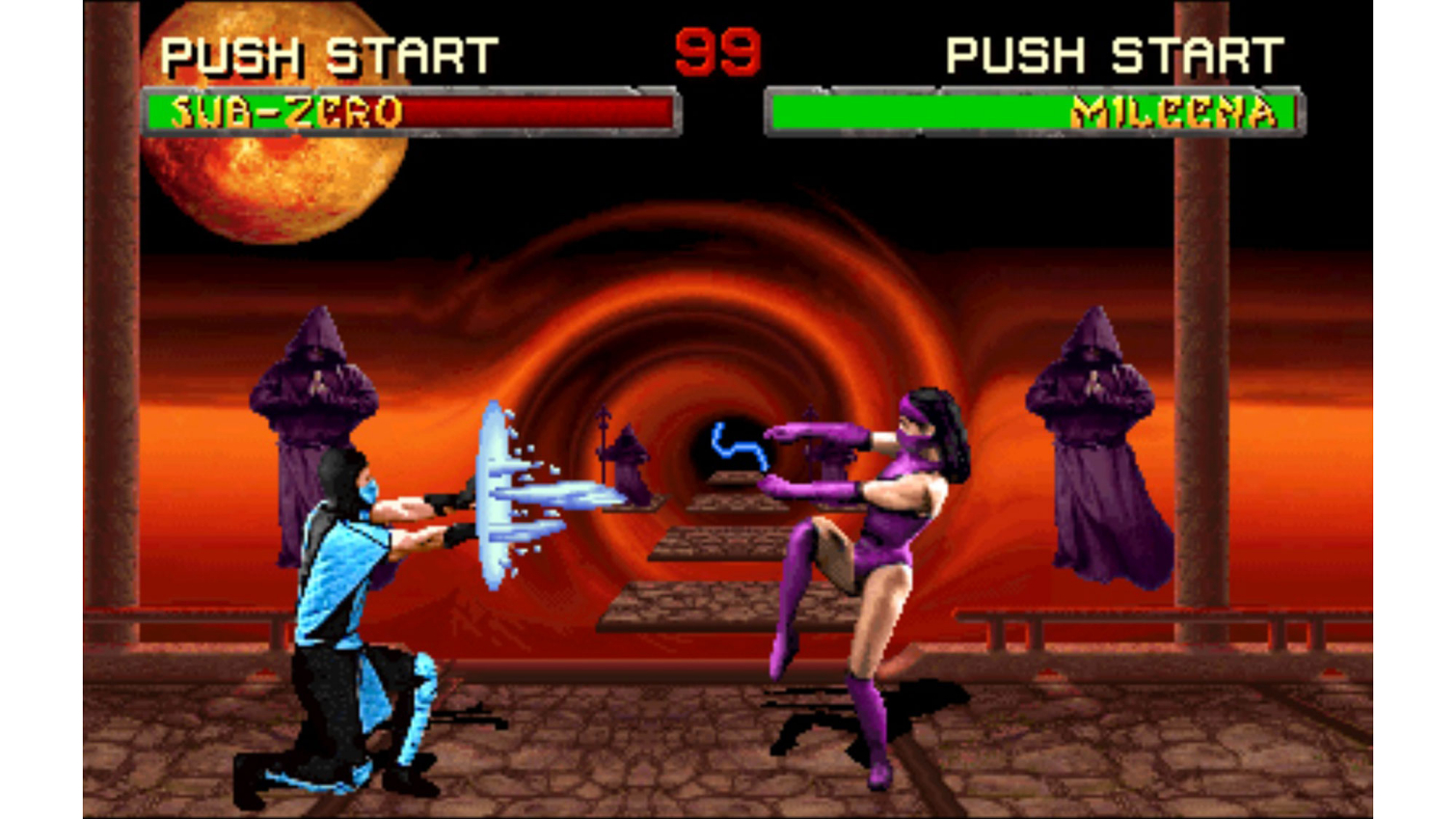
Regarded by many as the best classic Mortal Kombat game, Mortal Kombat II evolved the Fatality-fueled formula in some big ways. Fighters gained a wider array of normal and special attacks, and they now had multiple Fatalities at their disposal (in addition to hilarious new finishing moves like Babalities and Friendships). The roster expanded to include now-iconic fighters like Baraka, Jax and Kung Lao, while hidden fighters such as Smoke and Noob Saibot added to the deep intrigue of this series. Mortal Kombat II's crisp, gritty art style still looks sharp today, and the title remains a favorite among old-school kombatants.
Mortal Kombat 3/Ultimate Mortal Kombat 3 (1995)
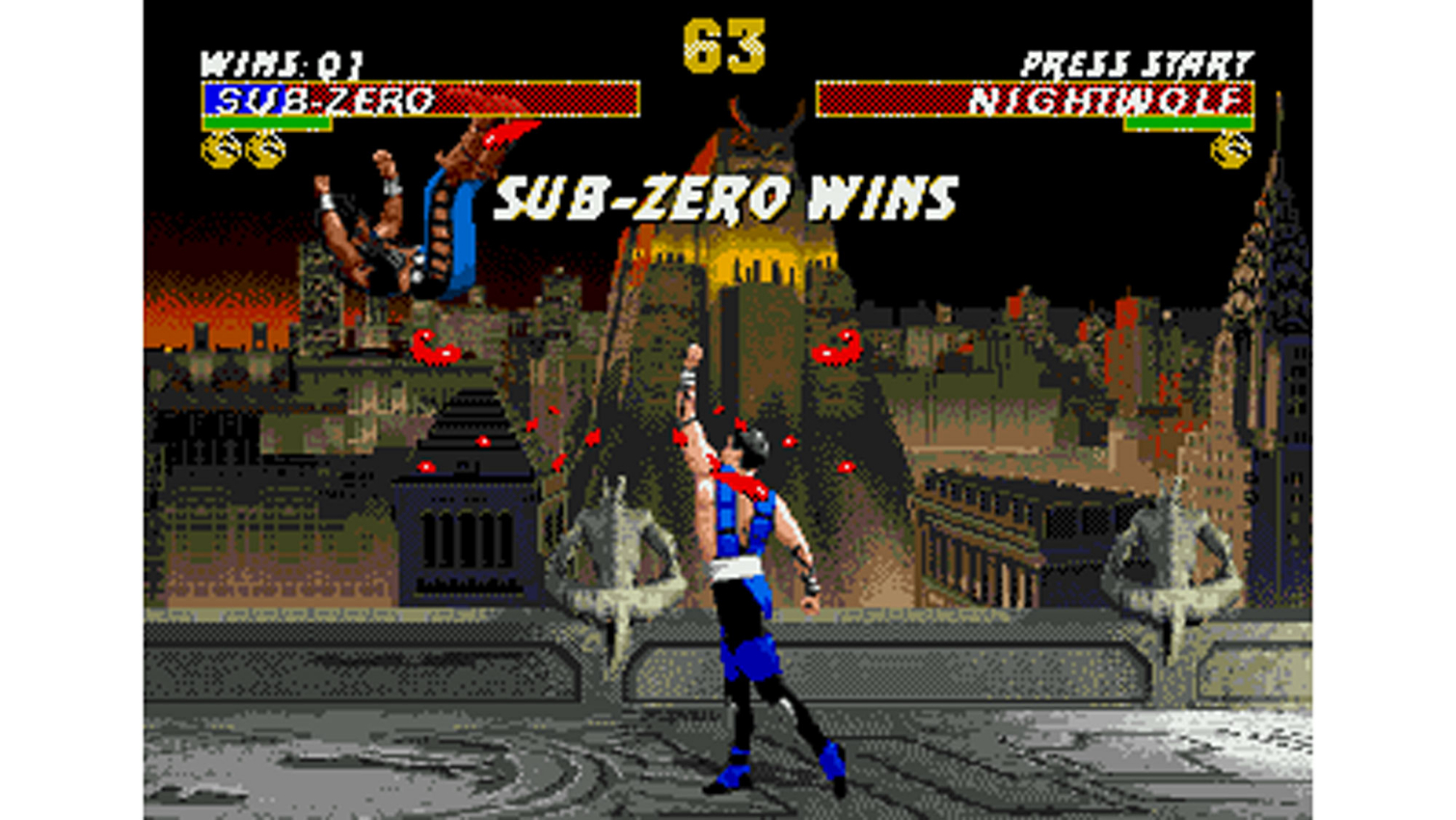
Mortal Kombat 3 was a major leap forward for the franchise, introducing the series'’ now-signature Dial-a-Combo system, upping the pace with a Run button and adding in the ability to uppercut your opponent through a ceiling and perform ridiculous Animalities. The roster expanded to include eventual favorites like Sektor, Cyrax and Kabal, though the exclusion of staples such as Scorpion and Kitana puzzled gamers.
Not until the release of 1995's Ultimate Mortal Kombat 3 did this game cement its place as one of the finest in the series. In addition to bringing back the aforementioned key characters and adding some new stages, UMK3 introduced 2-on-2 and Tournament modes while adding new moves for much of the existing cast. This resulted in the most jampacked and fun Mortal Kombat yet, one that sent this classic trilogy off in style.
Mortal Kombat (2011)
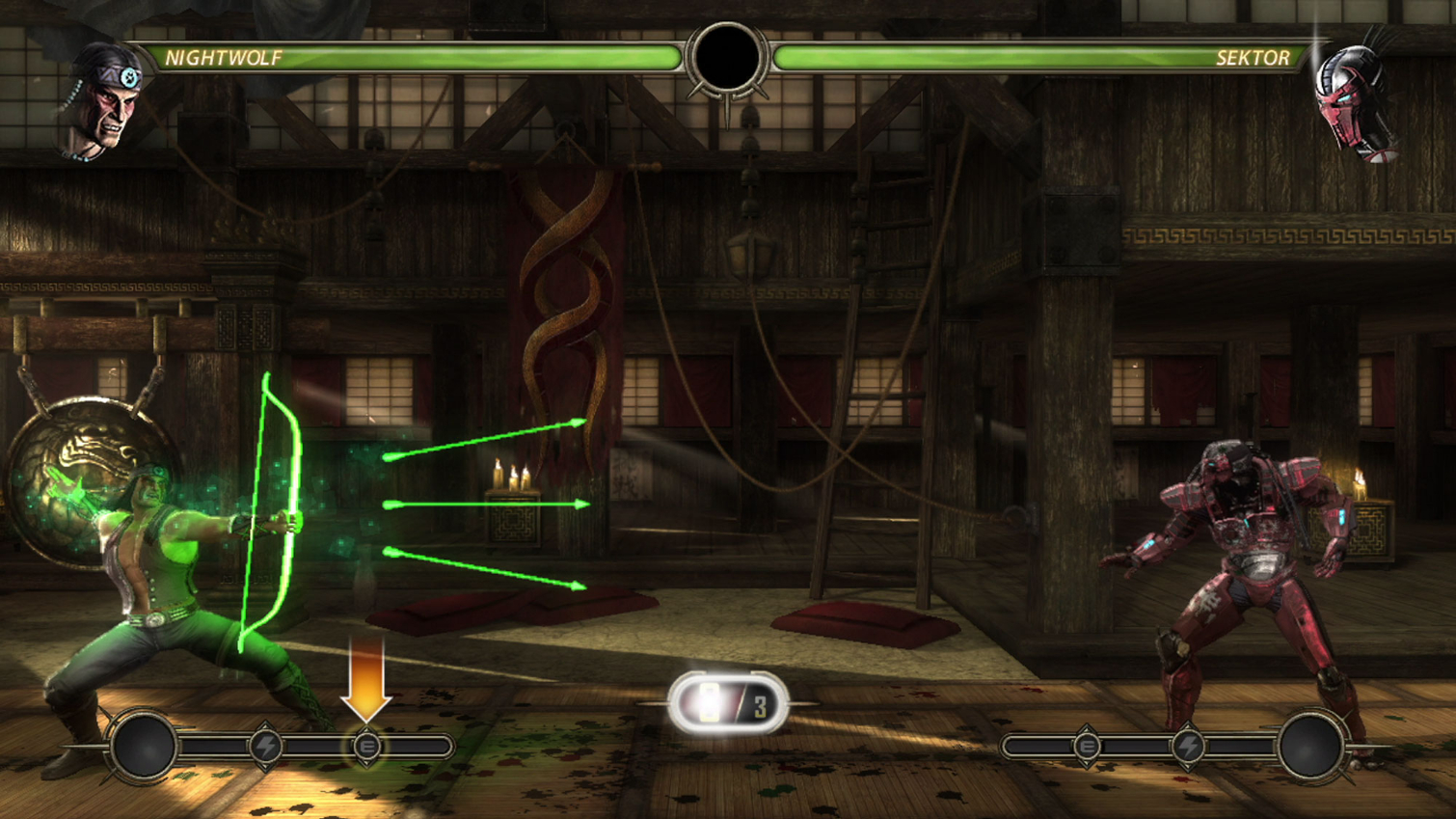
After a string of so-so 3D installments, 2011's Mortal Kombat reboot (also known as Mortal Kombat 9) revitalized the franchise like no other game before it had. The first Mortal Kombat game from NetherRealm Studios, MK9 brought the series back to its 2D roots while adding modern fighting-game concessions (like a supermeter) and boasting a vibrant 3D art style. The game's roster consisted entirely of classic characters like Scorpion, Liu Kang and Raiden, and the title's brilliant cinematic story mode retold the story of the first three Mortal Kombat games in a way that was both nostalgia-inducing and fresh. Mortal Kombat 9 was a true return to form, birthing the modern competitive Mortal Kombat scene while setting the template for every future NetherRealm game to come.
Mortal Kombat X (2015)
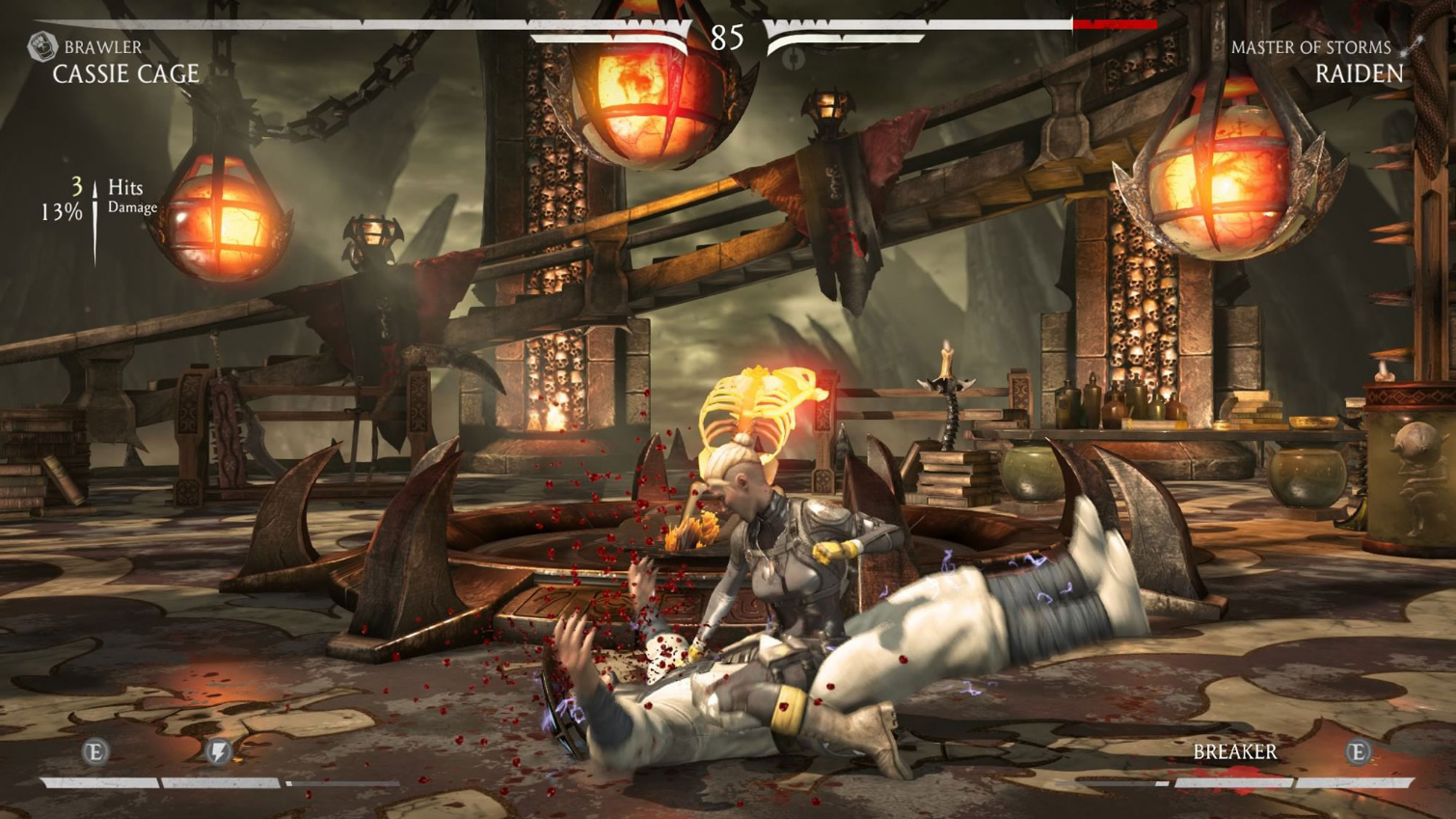
Building off of the momentum of both Mortal Kombat 9 and Injustice, Mortal Kombat X was bigger, darker, faster and just a whole lot of fun. The game delivered yet another stellar story mode, this time introducing a new generation of heroes — including Cassie Cage (daughter of Johnny and Sonya), Jacqui Briggs (daughter of Jax) and Takeda (son of Kenshi, student of Scorpion) — while retaining old favorites like Sub-Zero and Kung Lao. The new variation system provided three unique play styles per character, while the return of the Run button and interactive environments made fights more dynamic than ever. Add in an ambitious online Faction War system and an ever-changing set of challenges called Living Towers, and Mortal Kombat X was the most polished, content-packed offering the franchise had seen yet.
Mortal Kombat 11 (2019)
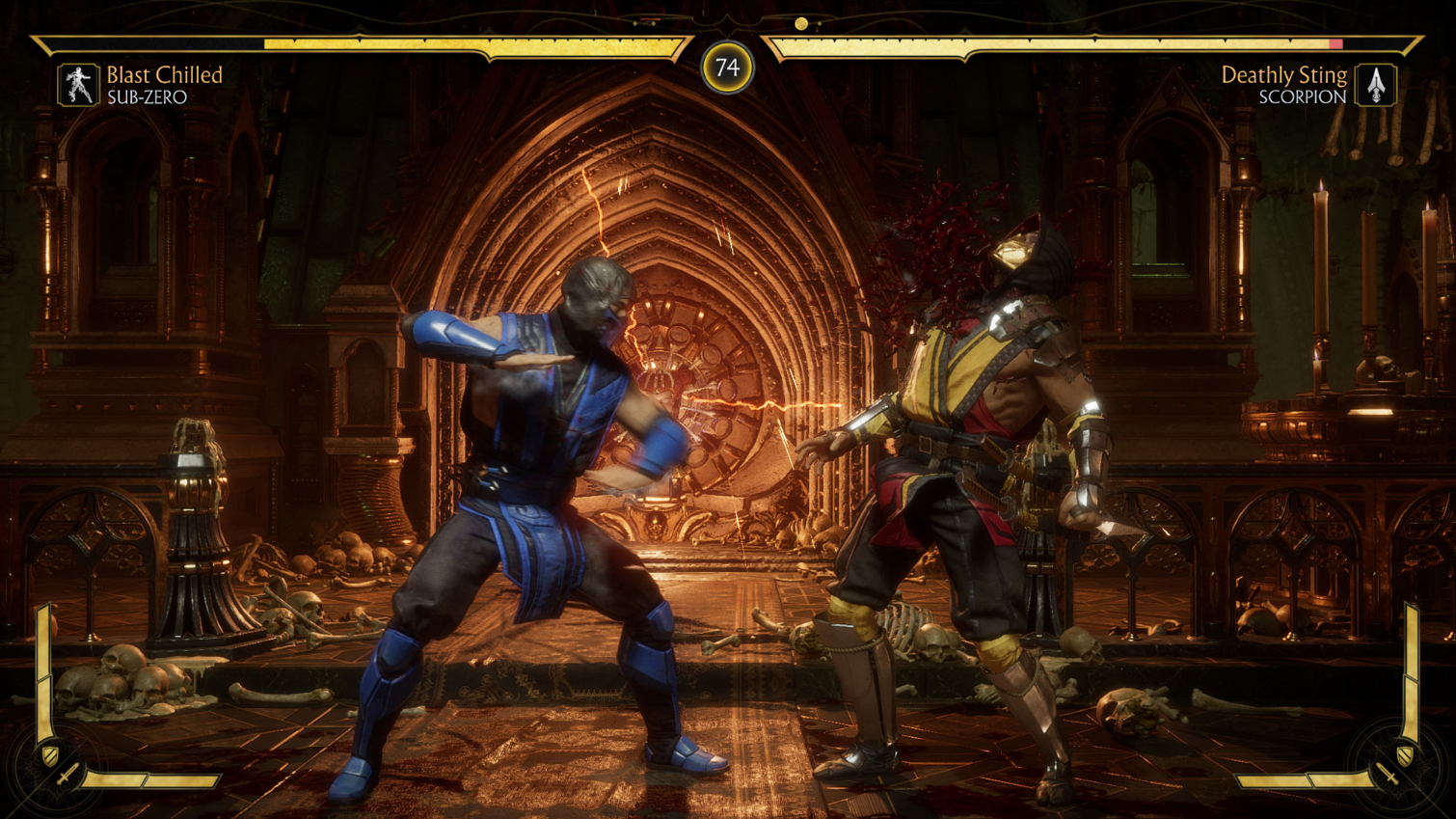
Mortal Kombat 11 isn't just a big step forward for the series; it's also a celebration if the franchise's entire history. In the best cinematic story that NetherRealm has crafted yet, Mortal Kombat 11 serves up a zany time-traveling adventure in which classic and modern versions of iconic characters come face to face. And the fate of the entire timeline rests in the balance. Seriously, you haven't lived until you've seen Johnny Cage bicker with his younger, cockier self.
Mortal Kombat's jaw-dropping presentation comes complete with gorgeous arenas and character models and some of the most hilariously gruesome fatalities we've seen yet. The title's fighting system has been smartly revamped to reward strategic play, and its custom variations let you craft your own version of fighters like Scorpion and Sub-Zero. And with plenty of solo and multiplayer modes and an expansive Krypt that lets you explore iconic Mortal Kombat locales, this fighter can keep you busy for years to come. Mortal Kombat 11's enthralling story, rich customization, deep fighting engine and stunning visuals all push the series forward without forgetting about its past, making this the best Mortal Kombat game to date.
Credit: Midway Games
Sign up to get the BEST of Tom's Guide direct to your inbox.
Get instant access to breaking news, the hottest reviews, great deals and helpful tips.
Mike Andronico is Senior Writer at CNNUnderscored. He was formerly Managing Editor at Tom's Guide, where he wrote extensively on gaming, as well as running the show on the news front. When not at work, you can usually catch him playing Street Fighter, devouring Twitch streams and trying to convince people that Hawkeye is the best Avenger.

